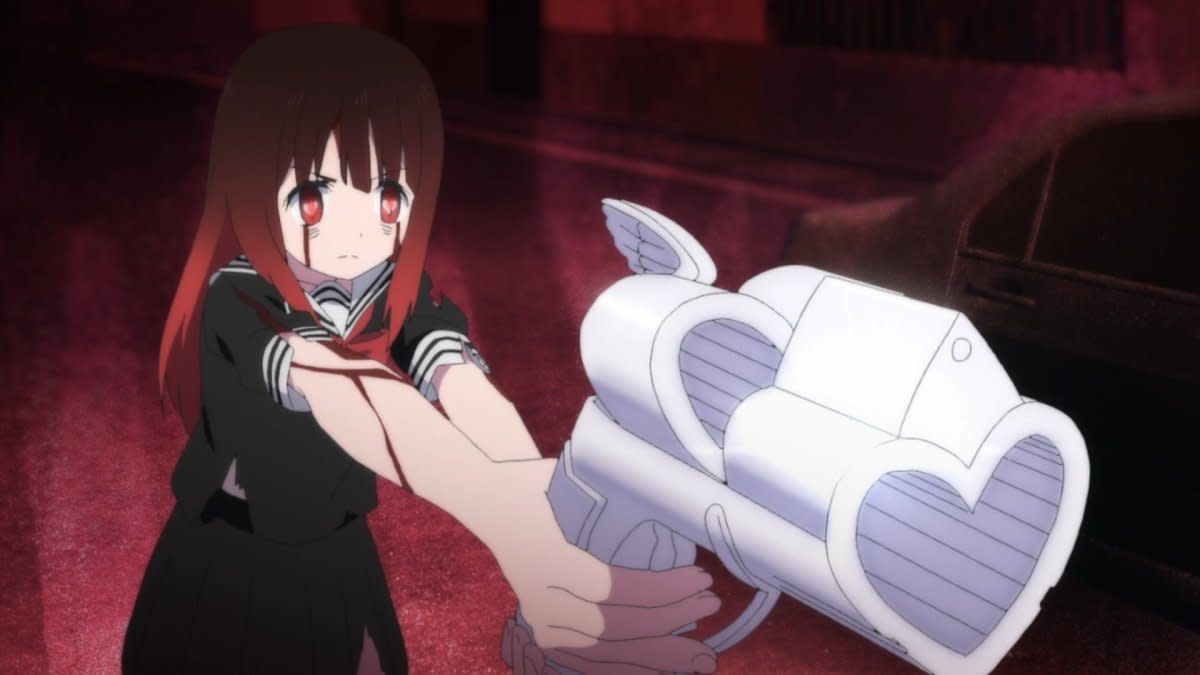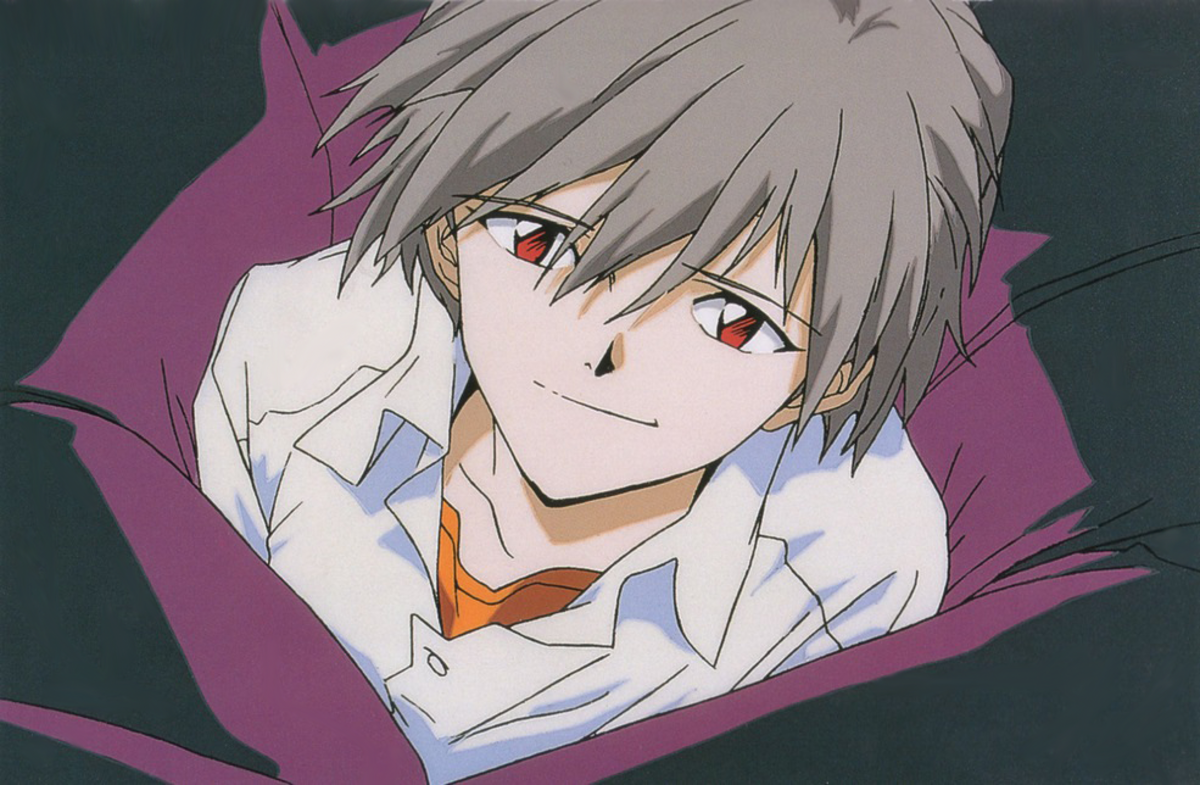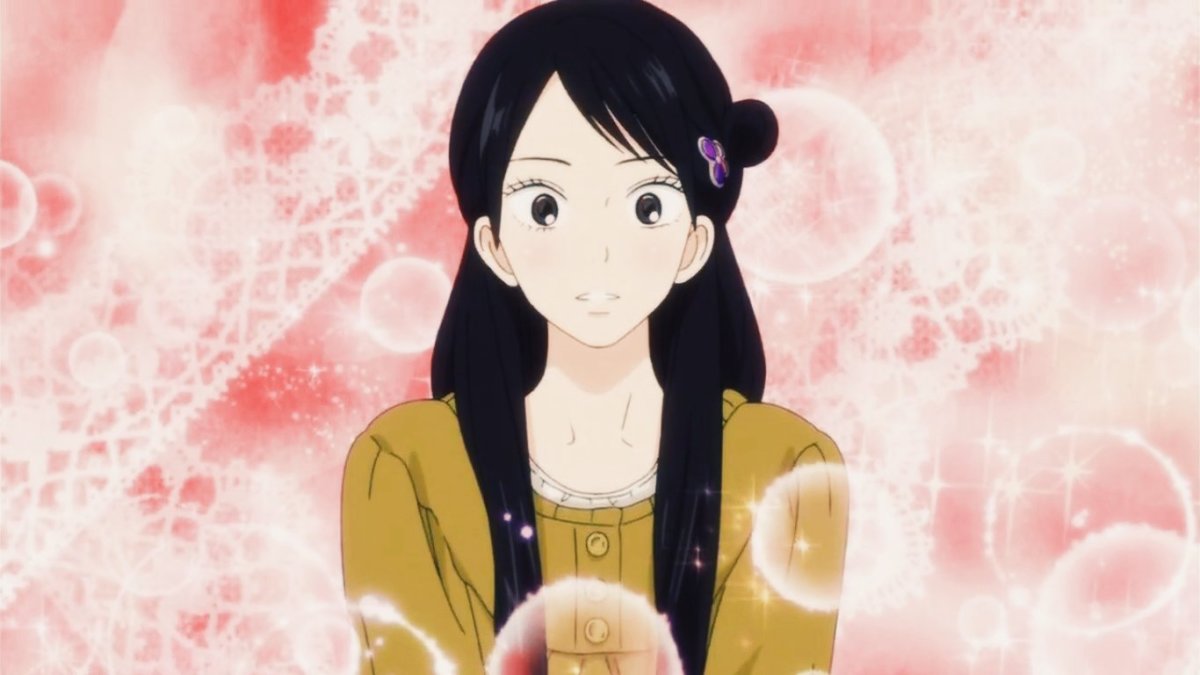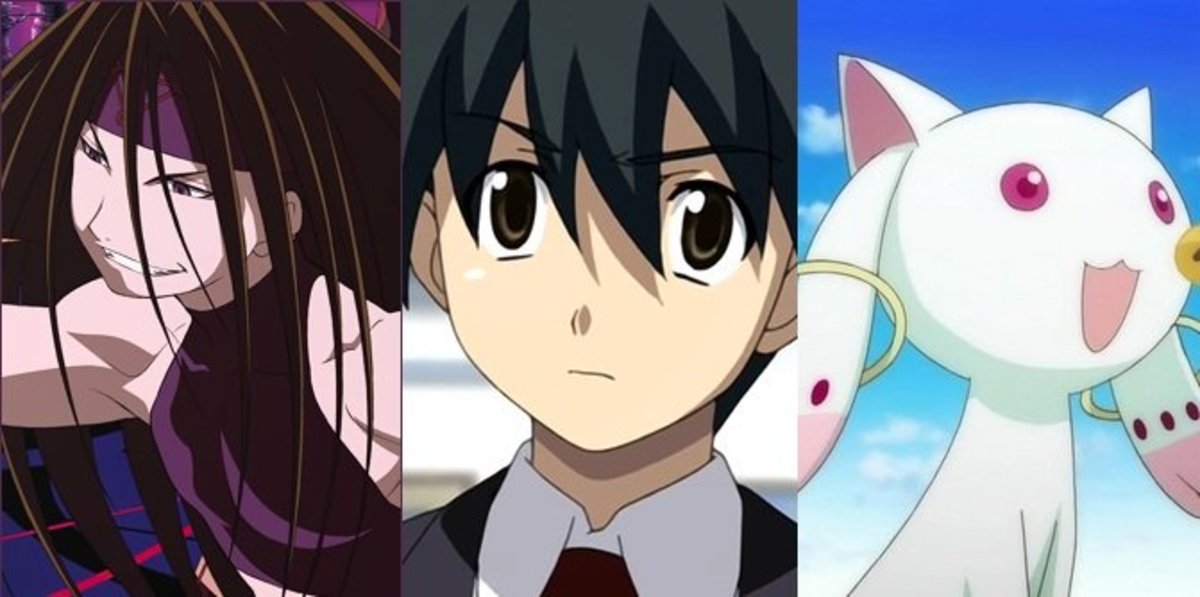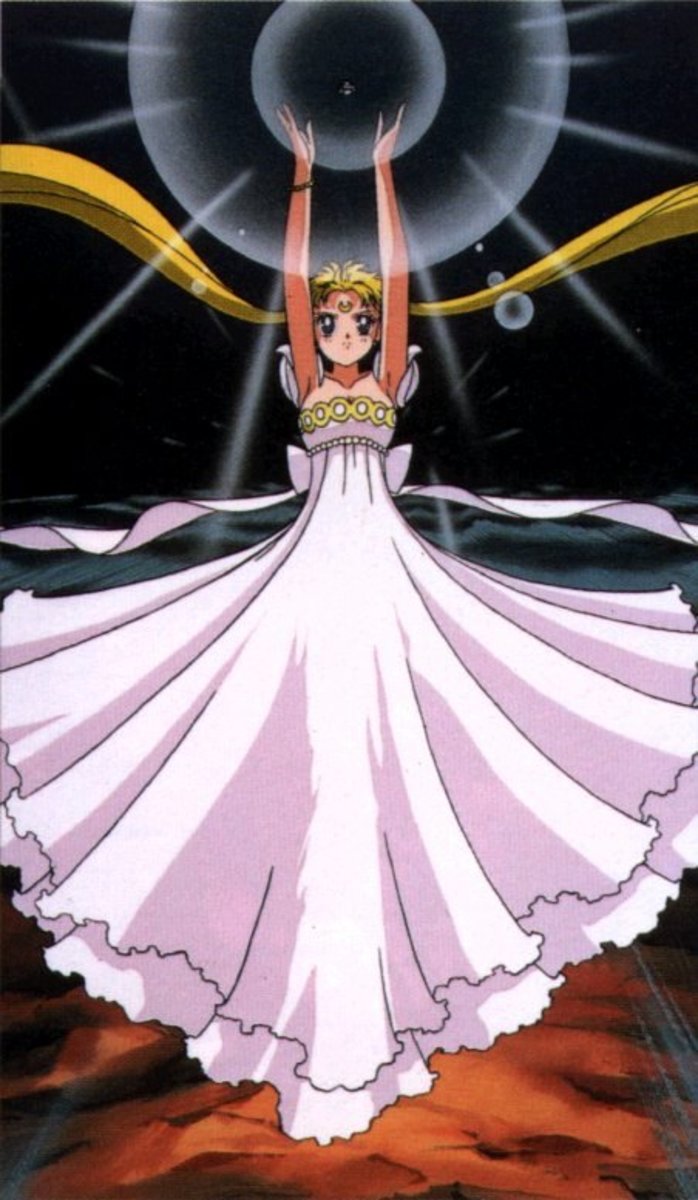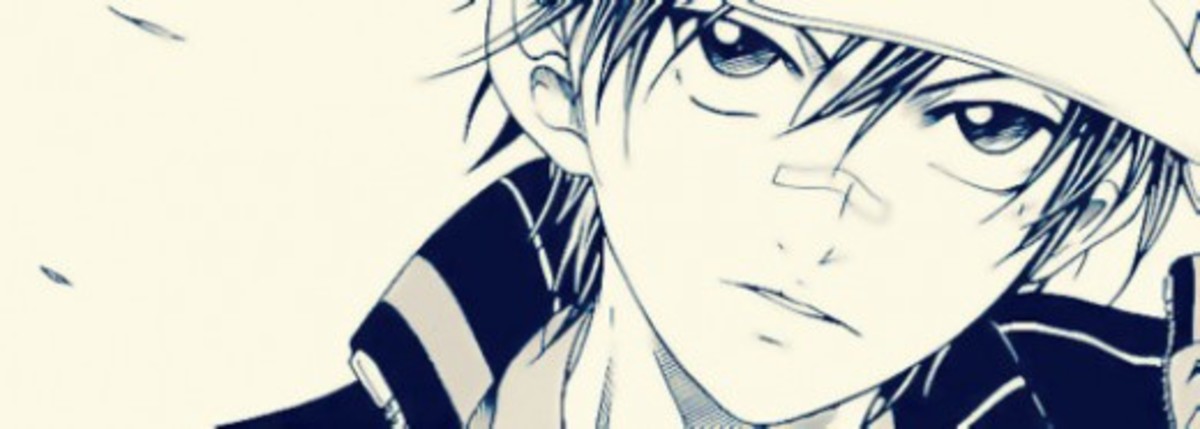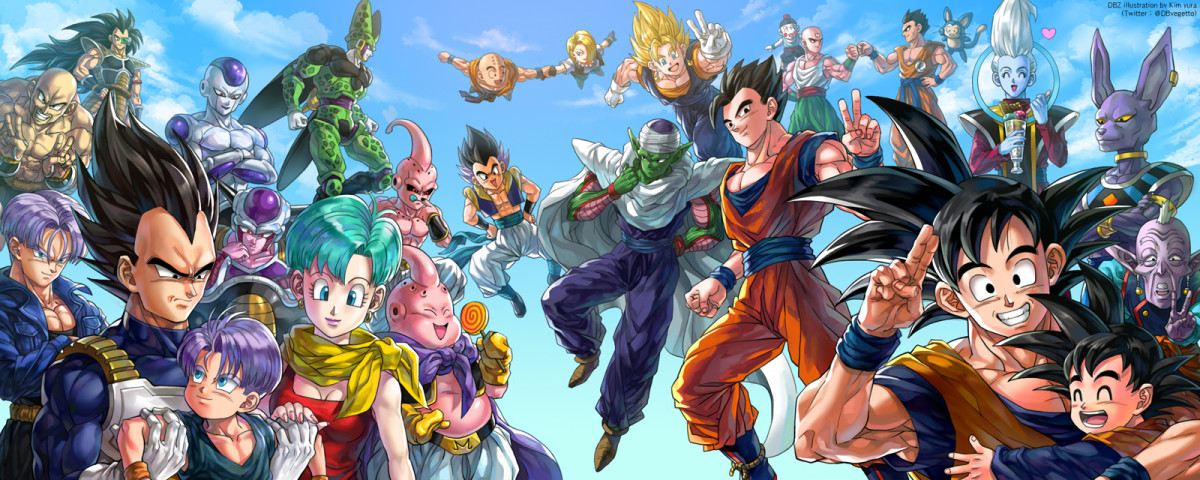The Problem with the Passive Anime Romantic Lead
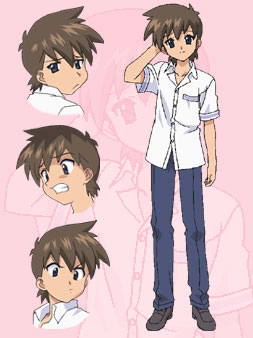
All of TV and movies have their stereotypes. From the evil bully without redeeming qualities to the fat, stupid and useless husband, these fundamental types enjoy an eternity of incarnations and variations based on one single idea, like Platos theory of Ideas for the creatively limited. Anime does have its fair share of stereotypes, and often it feels like they vary even less. The tsundere goes from anime to anime almost unchanged in personality and quirks, it really is the exact same girl.
And then there is the classic romantic male lead of so many harem and romance animes. The doormat so often abused and yet bearing no resentment. From Love Hina to Maburaho, this version of a male protagonist has awkwardly moved through the animes. Sadly, the doormat often lowers the quality of the shows it is in. So why is the doormat so much used, and what problems does it cause?
The Beginning: Love Hina
To start with the beginning, as is tradition, let us look at Love Hina. I do not know if this was were the passive romantic lead started, but considering the influence Love Hina had on the industry, I believe it at least helped spread it. Love Hina details the life Keitaro Urashima and his relationship with several girls in the inn he lives in. Keitaro was a man suffering from all the gods in the heavens conspiring to make him suffer as much as possible, a genuine loser. He was not as broken down as many of the characters that would come later, however, and the anime often recognized his passivity as a flaw.
But he is mostly pushed around, a person who is acted upon rather than acting, and suffering abuse from pretty much anyone, especially the girl he would eventually get together with. The power dynamic disturbs me a bit, to be honest. I can not help but think Keitaro is headed for a future of domestic abuse, and that goes for a lot of the men like him. But let us move on.
Keitaro was not a terrible character, especially considering that his archetype had not become a stereotype when he was created. He did also have a goal which he worked for, to enter Tokyo U. His desperation in achieving that goal was something one could sympathize with. For most of what followed, however, no such motive exists.
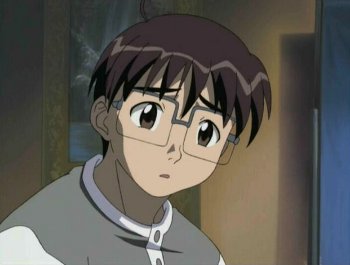
Going Downhill
Take Maburaho, for instance, and its main character Kazuki. Kazuki is the gentleman of anime stripped down to his core, with nothing to expand him. He has no goals or dreams, nothing that he works towards. The only thing that can spring him into action is when girls needs him, otherwise he remains a rotten piece of driftwood going where the flow takes him. Kazuki has the magical powers, but can only use them a certain number of times, and if he runs out, he dies. He of course uses these wishes at the most mundane things the girls wish for, with regard for his own life.
This disregard for own safety is best showed in an early episode where everyone goes to the library to research a solution for Kazuki's problems. Kazuki has to be dragged there and is completely uninterested in something might extend his life beyond the weeks he has to live considering the speed he uses magic at. He also has no obvious interest in the women who make it quite clear that they wish for a relationship. I honestly found it a bit frightening just how apathetic this guy was. He is selfless to the point where he has no character, any goals and hobbies might cut into his time helping the girls. And he always takes any verbal abuse directed at him with a sigh, never speaks up for himself, never addresses unfair accusations.
As a slightly more modern example, take Witchcraft Works. The main character Honoka does next to nothing. He at one point pushes to learn magic, but other than that he is pretty much a McGuffin, an object that people want because of his powers. He rarely makes any difference to the plot unless forced to, and often has an expression as if he is about to fall asleep. Now, Honoka is a man thrown into a magical world he does not understand so one might excuse his inability to act. But it is a problem that we never learn what he wants, and that he never takes any actions to achieve what he wants.
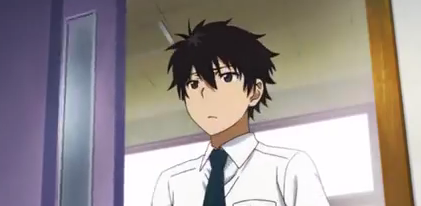
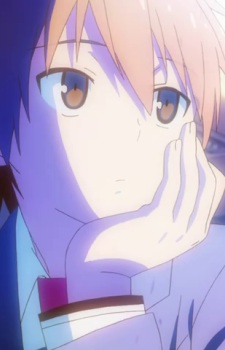
What it is not
The problem is not that the characters are not the typical alfa-males of fiction. In fact, that might be a plus. Weak, mild-mannered, indecisive, I would not call any of these traits problematic(although the casual verbal and physical abuse often goes way overboard), if they were explored. But they are not. Compare to Sorata from The Pet Girl of Sakurasou. He is in the beginning indecisive, without a clear goal. But it is explored, it gives birth to character development. In Maburaho there is no character to develop.
And let me make another thing clear: I have no problem with men rejecting a woman's advances or not being interested in a relationship. The doormat's unwillingness to act on the girls' feelings is not a problem in itself, but I would like to know why. Does he feel that it is more trouble than its worth? Is he not ready for a relationship? Is he gay or asexual? Is he not confident that he can play the part of a boyfriend? Does he simply not feel that way about any of the girls? All of these would be excellent reasons, but we are usually never given one.
Stereotypes and Dating Sims
So why is this stereotype so much used? Well, works with the doormat as a character have been popular, and the anime industry will recycle any remotely popular character to the end of time. As examples of this passive main becomes numerous, the chance that new writers will him also grows.
Some of it might be because of the dating games industry. Now, I have never played one of these games, but many animes are adapted from such games(like School Days, another anime with a worthless protagonist). In many games you don't make the protagonist to developed, instead he is an empty suit the player can put on, and the player will give the character agency, so the designers don't have to give that much. The focus can instead be on the female characters you are supposed to have a relationship with. But you can not translate that directly to anime. Perhaps it is an attempt to reach out to as many as possible by making the character as generic as possible. But to me at least the apapthy of the main character alienates me rather than immerses me.
Passion
So is there a problem with all this? Well, like all stereotypes there is the fact that it gets repetitive, but further than that, it limits the story when the main character is always acted upon and not the other way around. Story arcs focusing on the male lead become almost impossible, and it becomes difficult to relate to this empty slate. But further than that, it is just dull. Who wants to see the life of a soulless robot who only wakes to action when someone needs him, but without a life of his own?
The doormat is a character without a past, without a personality. It is sometimes amusing to imagine the lives of these characters before the plot. They often have friends that they don't seem to like that much, they have a family. That's about it. They seem to have lead very empty lives. Perhaps this appeals to those who don't like the life they live and hope that something will happen, but this character does not seem like a person. Who are the people? And as a final thought, I will say that I firmly believe that emotions and passion, no matter how strange, is better than calm, gray dullness.

